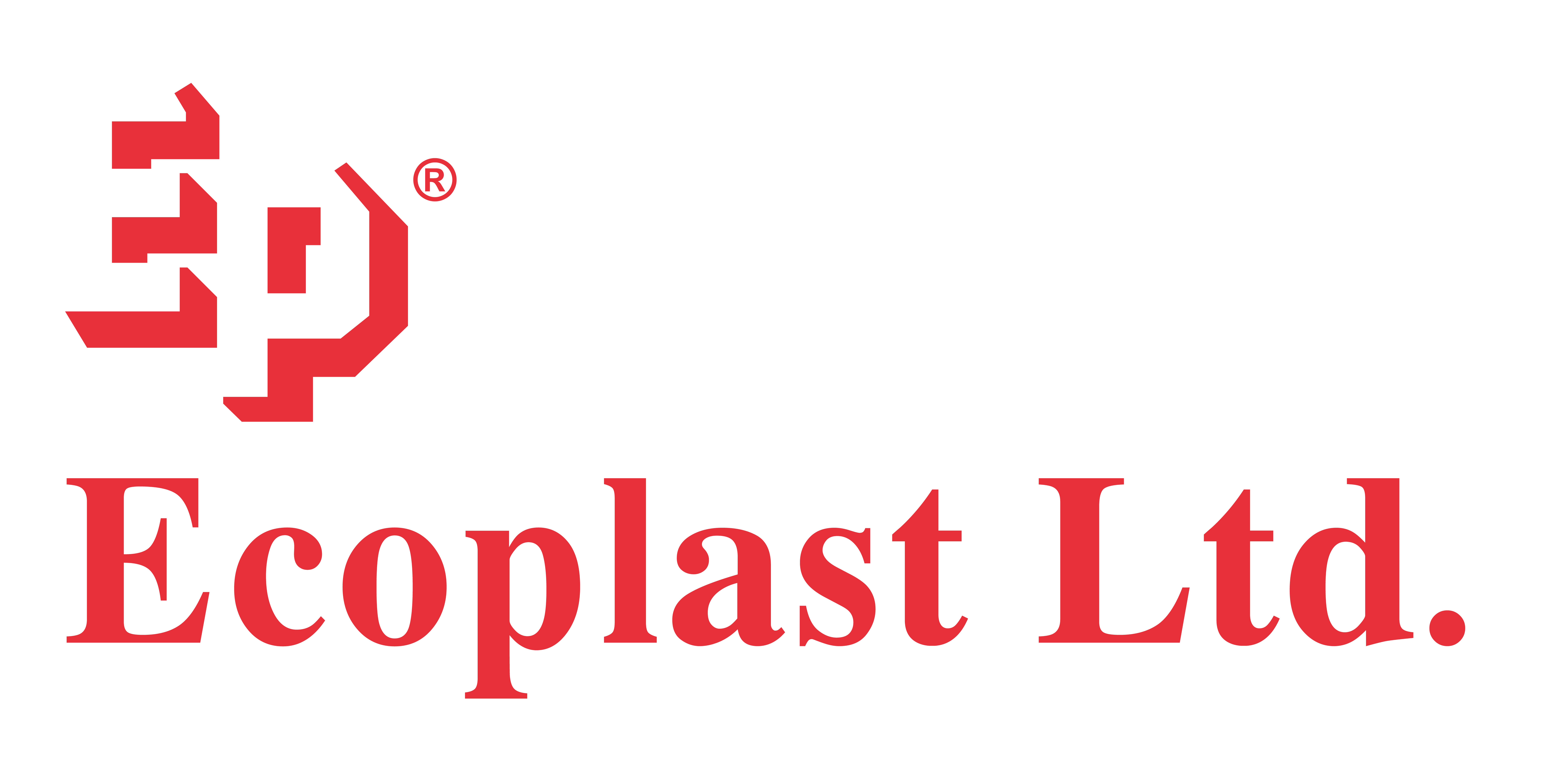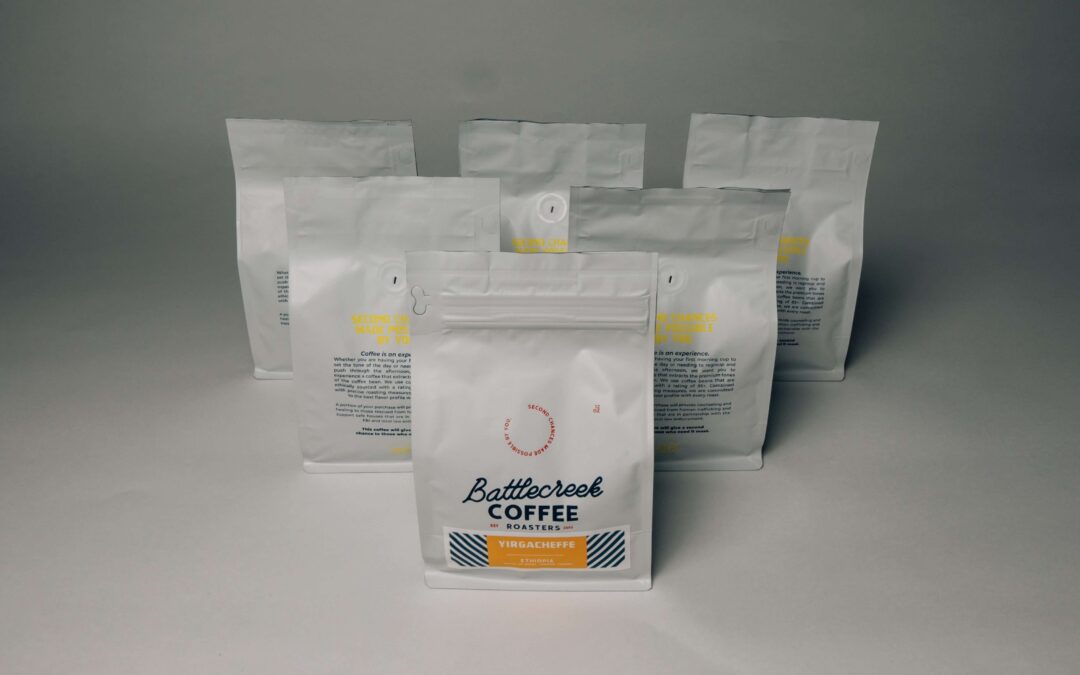Plastics vs. Polymers: Know The Key Differences
The relationship between consumers and industries has always been a two-way street; a consistent chain of demand and supply. As consumer demands change, businesses have to evolve. On the other hand, as the products and services offered by businesses evolve, consumer perspectives are altered as well. Every once in a while, somewhere in between this dynamic pattern, there comes a wave of revolution that implores industries to change for the better. It prompts sectors and firms to grow economically, as well as ethically.
When it comes to the packaging industry, one of the recent catalysts of change is consumers’ newfound love for sustainability. They are more inclined towards solutions that not only ensure convenience, but also are designed in a way that respects the environment, and all that it has to offer. This rising demand for sustainability has led to a massive shift to new-age plastics and polymers in the packaging sector. However, the newness of this shift in terms is still lingering among businesses and consumers alike, leaving them with the daunting dilemma of plastics vs. polymers.
Most people often wonder – Is polymer plastic? The truth is the other way around. The key difference here is that plastic is a specific type of polymer. To put it simply, all plastics are polymers, but all polymers are not necessarily plastic. Before we dive further into the particular differences between the two, let’s first understand what they mean individually.
What are plastics? Plastics fall under the polymer category. They are semi-organic materials that are extracted from oil or petroleum. Being a certain type of polymer, plastics do feature similar physical characteristics and flexibility in terms of diverse applications as well. They are generally produced by condensation and addition polymerization reactions.
What are the types of plastic and their uses? The classification of plastics can be done this way – they are either thermoplastics or thermosets. When heated and molded, thermosets take an irreversible form and pattern. Thermoplastics are a product of polymers that can be heated and reshaped as many times as required. Unlike polymers that can occur naturally, plastics are entirely man-made.
Plastics are known to be lightweight and feature excellent chemical resistance. Over the years, they have served multiple industries like consumer product packaging, textiles, transportation, electrical and industrial machinery, building and construction, etc. As such, they have a wide range of applications – shopping bags, bottles, containers, laminating films, fibers – are a few of the common examples.
What are polymers made of? Polymers are essentially long-chain compounds made of a molecule called a monomer. In the simplest sense, polymers are massive molecules that are formed by smaller, identical molecules. However, polymers feature different chemical and physical properties in comparison to the monomers that are made of.
What’s interesting here is that the properties of polymers can be easily altered to serve a specific purpose. Materials born out of polymers are cost-effective. They feature superior thermal and electrical insulation and are considered to be ultra-lightweight as compared to their alternatives. Another reason for their popularity is that they do not require any post-treatment finishing. Today’s most familiar plastic polymers include polyethylene (PE), polypropylene (PP), epoxy, and polyester (PS).
There are two main types of polymers – natural and synthetic. Natural polymers or biopolymers include materials like wool, cotton, wool, proteins, and such. Synthetic polymers shelter materials like Teflon, Polyethylene, nylon, polyester, epoxy, etc. Furthermore, synthetic polymers are classified into three types – thermoplastics, thermosets, and elastomers.
Polymers can also be categorized depending on their synthesis methods. If the monomers have double bonds between carbons from addition reactions, the polymers can be synthesized. These are called addition polymers. Condensation polymers, on the other hand, are formed through a polymerization process where smaller molecules or monomers react with each other to form larger structural units. During the process, by-products such as small water molecules are released.
Primary Differences Between Plastics vs. Polymers
|
Polymers |
Plastics |
|
Polymers are made up of uniform molecules that are smaller than plastic molecules. They have the same structural unit repeating over and over. |
Plastic is a specific type of polymer that is known to feature a comparatively large molecular mass. |
|
Polymers can be either natural or synthetic in nature. |
Plastics are synthetic and cannot occur naturally. |
|
Most of the polymers have long polymer chains, but there can be short chains as well. |
Plastics essentially have very long polymer chains. |
|
Polymers can range in strength and thickness – from a hard-shell container to a thin laminating film. |
Plastics are generally made from oil and prove to be an ideal choice where durability is a mandatory requirement. |
|
Polymers do not necessarily have to be plastics. |
All the materials that fall under the plastics category can be considered polymers. |
Contact Ecoplast Ltd – Leading Packaging Films Manufacturers
With 40 years of experience, Ecoplast Ltd is one of India’s largest suppliers of multilayer co-extruded polyethylene and co-polymer films to the flexible packaging industry as well as a variety of other specialty applications across the globe. We offer a comprehensive range of surface protection films for Stainless steel, UPVC, Aluminum Composite Panels, Aluminum sections/profiles, PVC and Carpets, and more. Here are our key offerings:
-EcoGen™ (Lamination Films)
-EcoProtect™ (Surface Protection Films)
-EcoBond™ (Adhesive Films)
-EcoPrime™ (Speciality Films)
Our presence now extends beyond boundaries and our services are readily available in the global markets. We successfully run manufacturing and distribution operations in nine countries – India, Canada, USA, UK, Dubai, Ethiopia, Mauritius, Sri Lanka, and Malaysia, along with an active presence in all major regional markets. Browse through our premium products online, and select the ones that best suit your requirements. To know more about our products, contact us at: +91-22-2683 3452 / +91-22-2683 1403, or drop an email at: [email protected]


Recent Comments